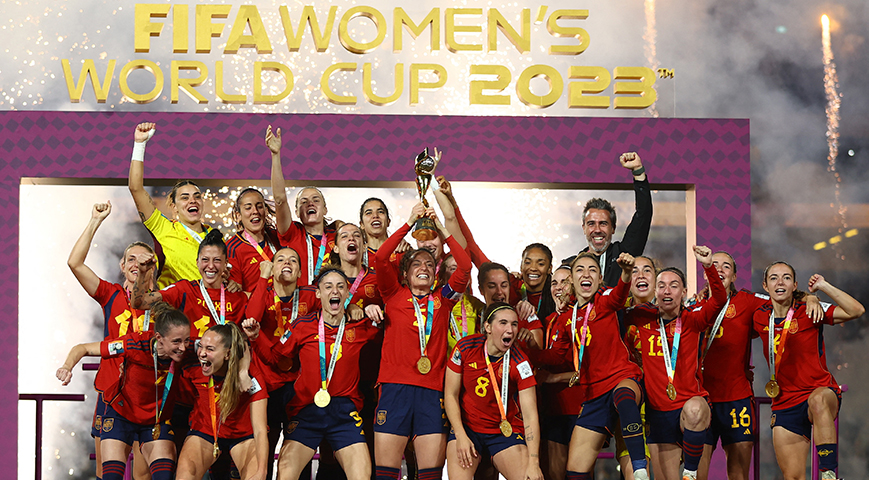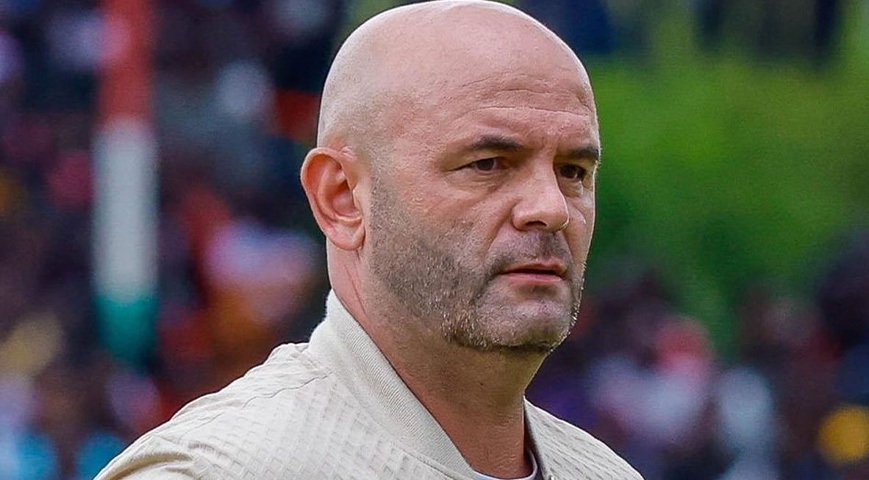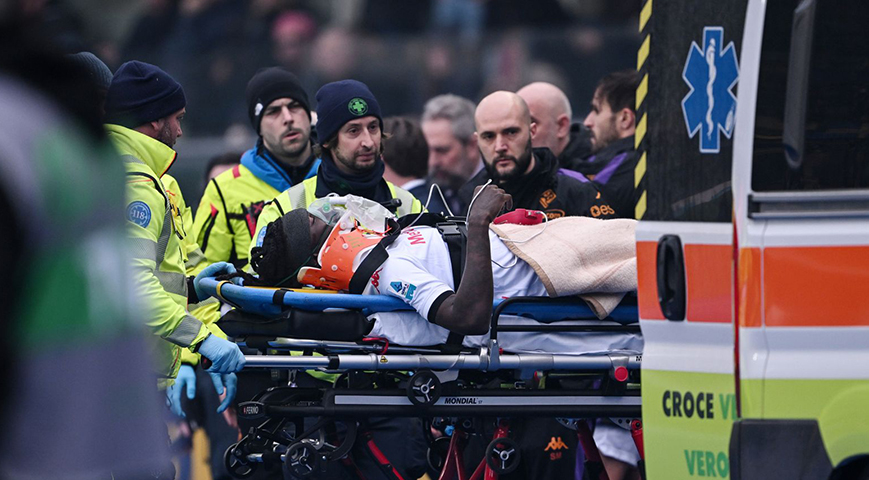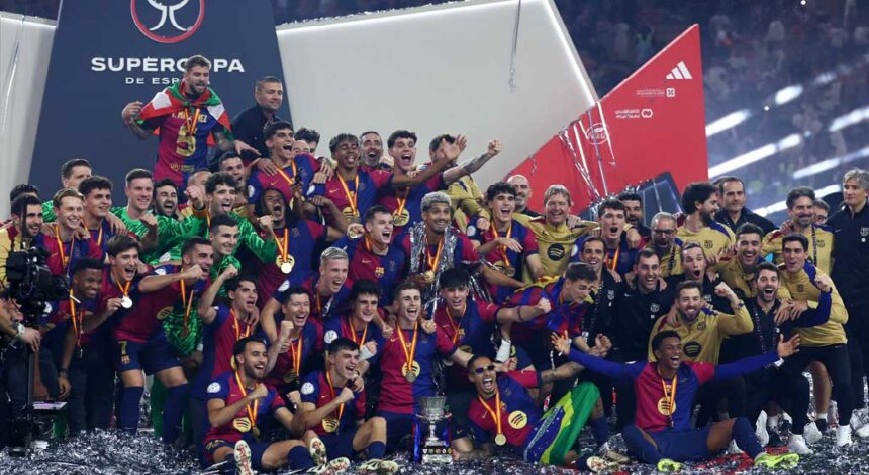Despite months of strife and division, Spain overcame it on Sunday to win the Women's World Cup, crushing a player uprising that cost La Roja some of its greatest players even before the competition began.
A bright collection of young players showed the resilience and skill necessary to put all the issues aside and win Spain's first significant title, even though one of the world's strongest and most exciting teams was missing some crucial players.
But following their 1-0 victory over England in Sydney, the winners did not name their teammates who stayed home as the world's media clamoured for interviews.
Twelve of the 15 players who participated in the mutiny but were ultimately left off Spain's World Cup roster decided to remain silent, refusing to participate in interviews and omitting all mention of the Women's World Cup from their social media profiles.

Did you read this?
For the players who informed the Spanish FA (RFEF) in September of last year that they were leaving the squad while longtime coach Jorge Vilda was in charge, there were no signals of encouragement, sympathy, or thanks. This caused tension in the locker room.
Fifteen players wrote to RFEF President Luis Rubiales, requesting 15 modifications to the team's organizational structure.
The campaign suffered because no players openly stated their demands, denying that they had requested Vilda to be dismissed, even though there was never any evidence of inappropriate behaviour.
The RFEF supported Vilda during the most challenging times of the uprising, and he expelled the disputing players from his team.

Eight of the 15 withdrew a few months later, requesting to be reintegrated. Still, Vilda only had room for three players in his World Cup squad: Ona Battle, Mariona Caldentey, and the best competition player Aitana Bonmati.
The 12 excluded players included well-known names like Sandra Panos, Patri Guijarro, Mapi Leon, and Claudia Pina, crucial to Barcelona's successful Champions League winning campaign.



-1740810575.png)

[1]-1740218631.jpg)






